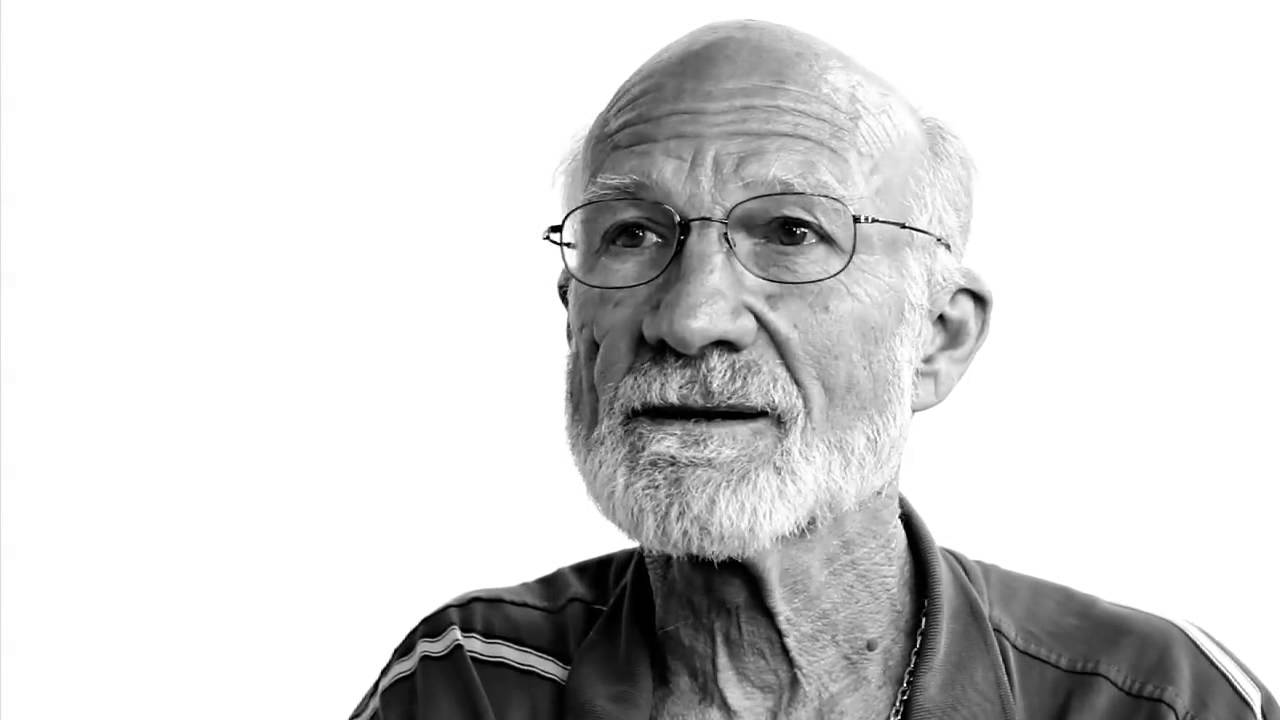“My wish is that this book might help Christians rediscover that their most important social task is nothing less than to be a community capable of hearing the story of God we find in the scripture and living in a manner that is faithful to that story.”
Login to read more
Sign in or create a free account to access Subscriber-only content.
Topics:
